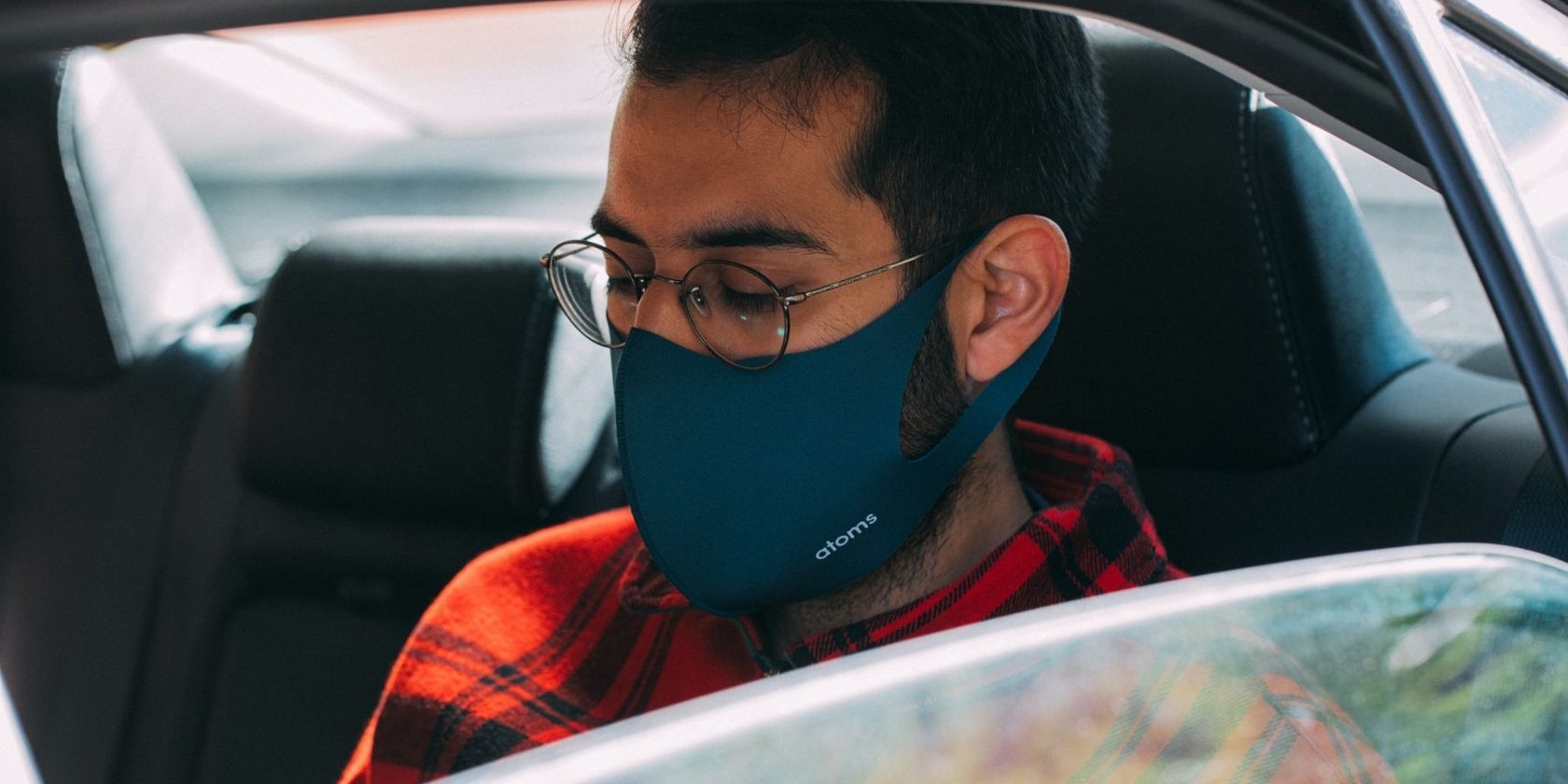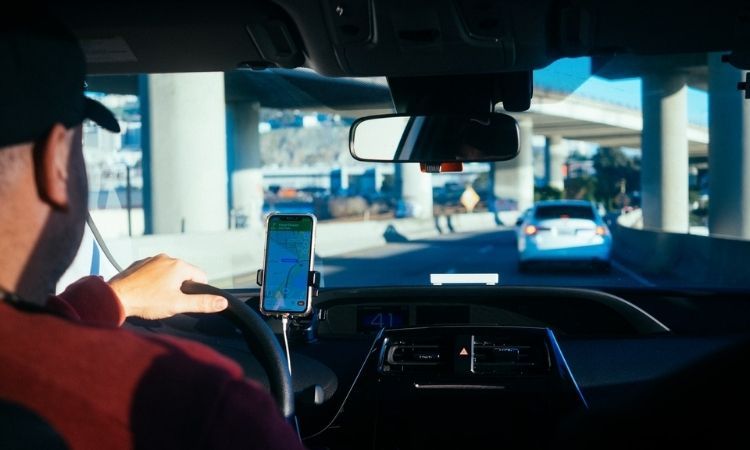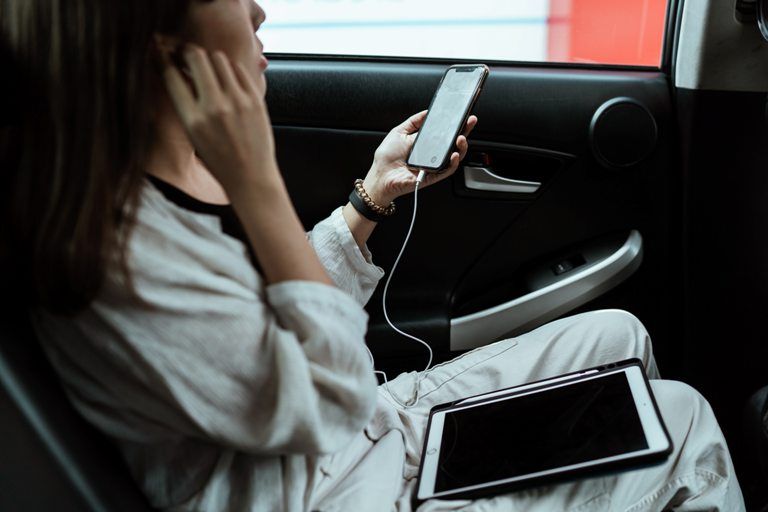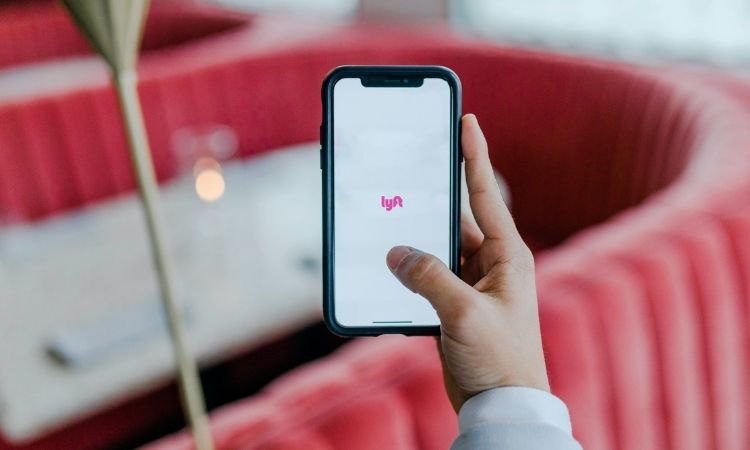Ridesharing involves someone travelling in a private vehicle driven by the owner, often arranged through a website or app. Think of them like a car-share you pay for. Rideshare companies, like Uber and Lyft, are popular and widely available ways for people to get around.
However, whether you use them often, are considering booking your first trip, or are thinking about becoming a driver, there are some crucial things to do to reduce your chances of being a rideshare scheme victim.
1. Beware of Requests That "Need" Urgent Action
The well-known so-called "grandparent scam" targets older people and involves a criminal posing as a relative and requiring money right away.
Perhaps they’re in jail or stranded abroad. Initially, this trick had victims wire money or send gift cards. However, the US Federal Trade Commission (FTC) recently warns that people may now come to the door to get the money directly.
Law enforcement officials familiar with this problem confirmed that perpetrators sometimes send rideshare drivers or couriers to retrieve the cash. This example shows that the wrongdoing may not center on transportation, but it’s still a type of scam in which, for instance, Uber drivers are used.
If you get a frantic phone call from a supposed relative in distress, take a deep breath and think carefully before acting. One option is to call someone you and the relative both know to confirm the situation, although the person on the other end of the line will probably demand secrecy.
If you’re a driver, consider declining seemingly strange ride requests, such as those with no destination.
2. Take a Picture of the Car’s Backseat Area Before Leaving
Another quick tip is to snap a photo of the car’s interior where you've sat during a trip before departing the vehicle. That’s because some unscrupulous drivers claim riders soiled the car with bodily fluids when they left it clean. Sometimes, it helps to take a picture beforehand too, especially if you notice a stain or mark.
Other versions include people getting billed for scratches or animal droppings despite not causing those issues.
Steve Obidowski got caught in this Lyft scam after he and his group had an uneventful trip home from a comedy club. He learned that the rideshare company deducted $150 from his account after getting a call from his bank. The driver provided a photo of the supposed issue and claimed it was vomit.
However, the picture had a geotag from somewhere other than where the trip occurred.
Obidowski clarified with Lyft that no one in his party got ill or threw up but took the problem up with the local news after feeling like he wasn’t getting anywhere. Eventually, Lyft deactivated the driver’s account and gave Obidowski a full refund.
In another case, college student Bea McLaughlin used Lyft to get to her internship, which usually costs about $6. However, she later got a notification about a $100 damage fee for an alleged bloodstain. McLaughlin noticed it when getting into the car and said it looked like spilled juice.
She reached out to Lyft, but the company insisted on the fine until being contacted by reporters led to a refund for about half the amount.
3. Be Suspicious of Requests for Personal Details
Many people see driving for companies like Uber or Lyft as a way to make some steady money on the side. Rideshare drivers may get certain assurances depending on where they live. For example, when Proposition 22 passed in California, companies had to pay drivers at least 120 percent of the minimum wage but could still classify the workers as independent contractors.
Drivers are sometimes victims of rideshare scheme attempts, too.
FBI officials in Oregon alerted the public about a trick involving a worker who heard he was a great driver and would receive a $250 bonus. The driver believed the person was from his company, since the contact came from the rideshare app workers use.
However, after requests for his application credentials, bank details, and other personal information, the driver became aware of the scam and immediately contacted his financial institution about it. If you receive any similar communications, be aware of the allure of free money.
After all, a rideshare company should not need you to provide details again because you had to do that when signing up with the service.
4. Decline Offers for Cash-Only Rides
Officials in Las Vegas warned of an emerging rideshare scheme targeting people at McCarran International Airport. It could appear in other high-demand areas too. This scam involves people posing as Uber or Lyft drivers and offering cash rides to waiting passengers.
A driver often has a ridesharing company decal in the window and claims that a passenger just canceled a trip, leaving them with an available vehicle. Since customers see these cars in areas reserved for ridesharing pickups, they don’t usually become suspicious.
The catch is that drivers say they can only transport customers for cash fares. Additionally, many of these people do not work for a legitimate ridesharing company.
A similar Uber scam happens when a driver insists there’s an app outage preventing a rider from paying with their card. They then demand cash to complete the trip.
However, cashless travel is one of the main perks of using a rideshare company. If a driver says a journey can only happen if you provide physical money, that’s a red flag.
Awareness Could Prevent an Uber Scam
These are some common examples of rideshare schemes but not an all-encompassing list. A good practice is to remain aware of anything not quite right about your dealings with a driver or someone asserting themselves as a company representative.
When you feel uncertain about an experience, consider contacting the rideshare company directly to get clarification and report your concerns.
Alternatively, the best way to stay safe is sometimes to decide against using a rideshare company altogether. That’s especially true if something has already made you suspicious. It’s never a good idea to potentially sacrifice your well-being for quick and accessible transportation.




